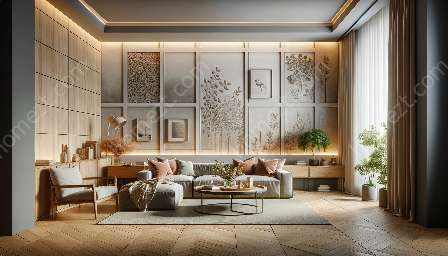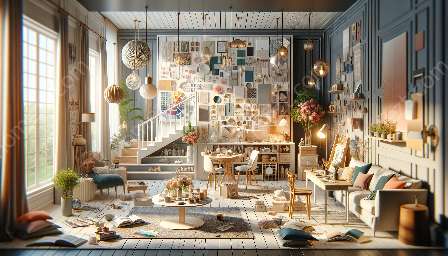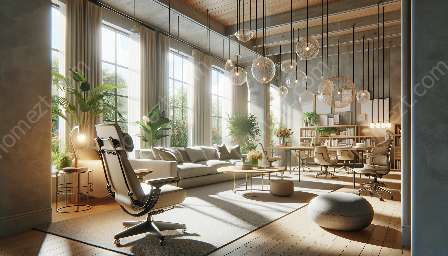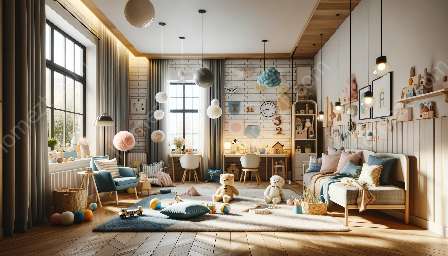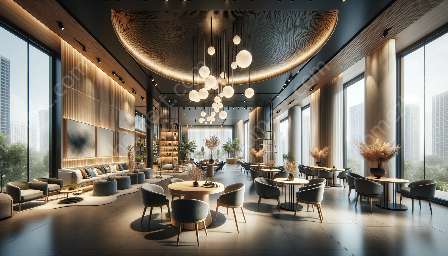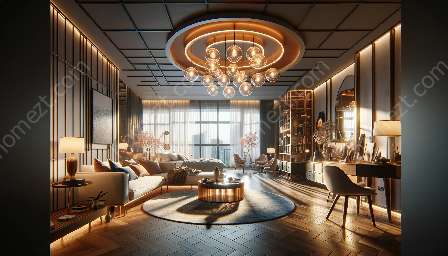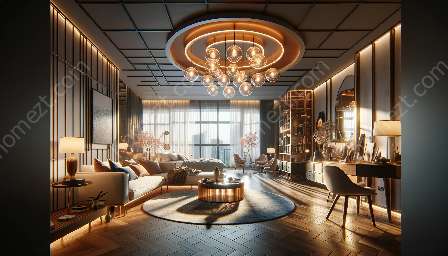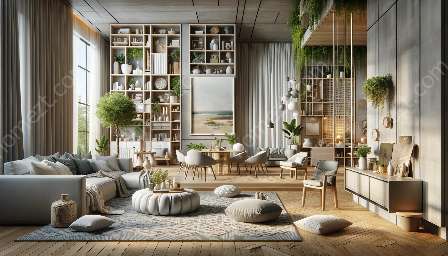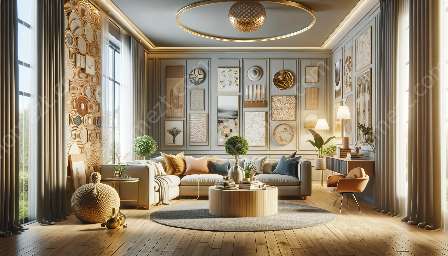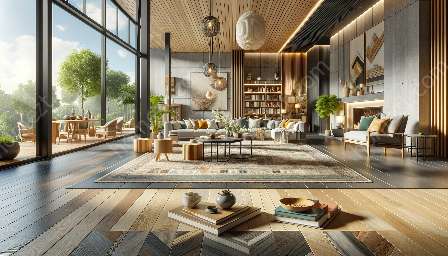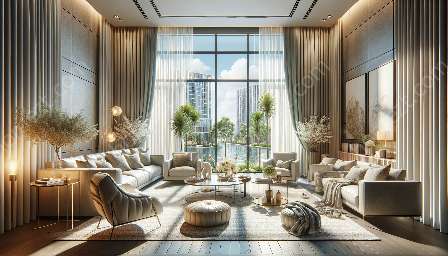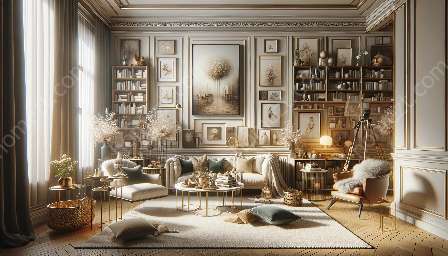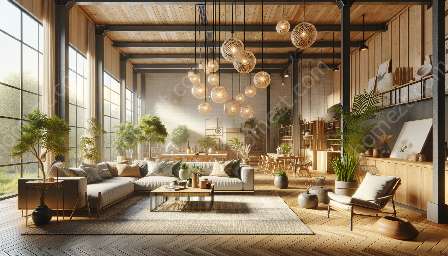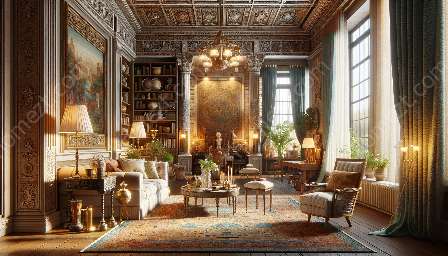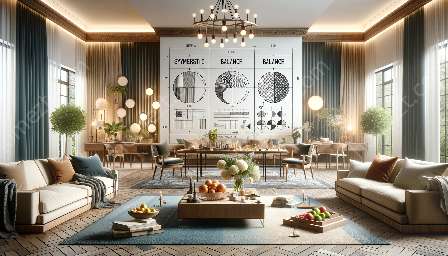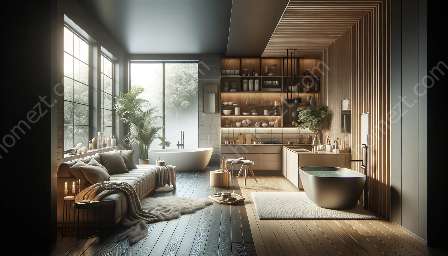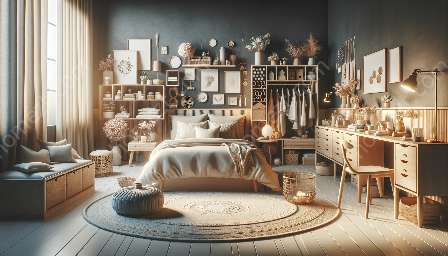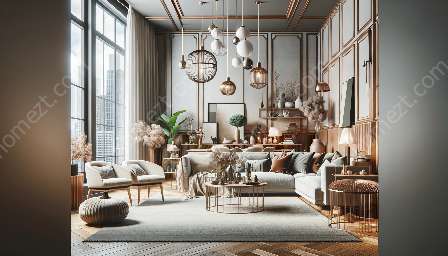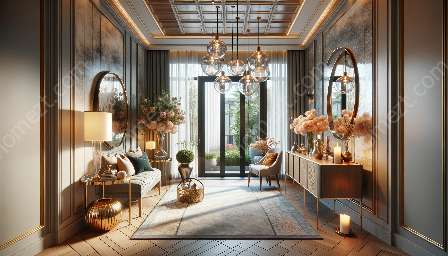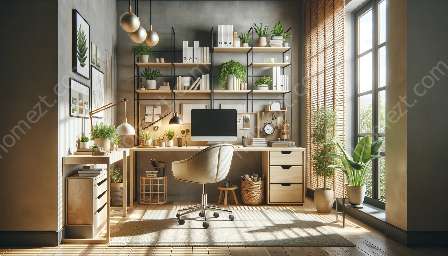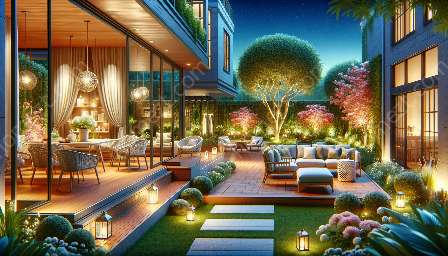Welcome to the fascinating world of garden design and its impact on the psychological well-being of residents. In this topic cluster, we will dive into the various elements of garden design and their effects on individuals, exploring how these concepts relate to outdoor living spaces and interior design.
The Impact of Garden Design on Well-being and Mental Health
Gardens have long been recognized as places of solace and tranquility, offering a retreat from the hustle and bustle of daily life. However, the specific elements within garden designs play a crucial role in shaping the psychological experiences of residents.
Biophilic Design
Biophilic design emphasizes the connection between humans and nature, and incorporating natural elements into garden design has been shown to have a positive impact on mental health. For instance, the presence of plants and greenery can reduce stress, anxiety, and even improve attention span.
Color Psychology
The colors used in garden design can evoke different emotional responses. Warm colors such as red and orange are stimulating and can create a sense of energy, while cool colors like green and blue have a calming effect. Understanding color psychology is essential in creating outdoor spaces that promote relaxation and well-being.
Sensory Stimulation
Garden design elements such as water features, wind chimes, and aromatic plants can engage the senses and contribute to a multi-sensory experience. This sensory stimulation can evoke positive emotions and enhance the overall psychological well-being of residents.
Connection to Outdoor Living Spaces
Outdoor living spaces are an extension of the home and offer unique opportunities to connect with nature. By incorporating the psychological effects of garden design elements, outdoor living spaces can become sanctuaries for relaxation and rejuvenation.
Social Interaction and Community
Garden design elements can foster social interaction among residents, creating a sense of community and belonging. Outdoor living spaces that encourage gatherings and social activities contribute to enhanced psychological well-being and a sense of connectedness.
Therapeutic Outdoor Environments
Research has shown that exposure to nature has therapeutic benefits, and the design of outdoor living spaces can further amplify these effects. Elements such as seating arrangements, lighting, and spatial organization can optimize outdoor spaces for mental rejuvenation and relaxation.
Integration with Interior Design and Styling
The psychological effects of garden design elements extend beyond outdoor spaces and can be seamlessly integrated into interior design and styling.
Bringing the Outdoors In
Incorporating natural elements from garden designs into interior spaces, such as potted plants, natural textures, and earthy color palettes, can create a sense of harmony and tranquility indoors. This seamless integration connects individuals to nature, promoting psychological well-being even within the confines of indoor environments.
Biophilic Interior Design
The principles of biophilic design can be applied to interior spaces, further enhancing the connection between humans and nature. Biophilic elements such as natural light, views of greenery, and organic patterns contribute to a sense of calm and rejuvenation, mirroring the psychological effects of garden design elements.
Creating Holistic Environments
By understanding the psychological effects of garden design elements, interior designers can create holistic environments that promote the well-being of residents. The seamless transition from outdoor living spaces to interior design ensures a cohesive and uplifting experience for individuals.
Conclusion
As we delve into the psychological effects of various garden design elements on residents, it becomes evident that the integration of nature into both outdoor and interior spaces holds significant implications for well-being and mental health. Understanding the impact of garden design on the human psyche allows us to create environments that foster relaxation, connection, and harmony, ultimately enriching the lives of residents.

